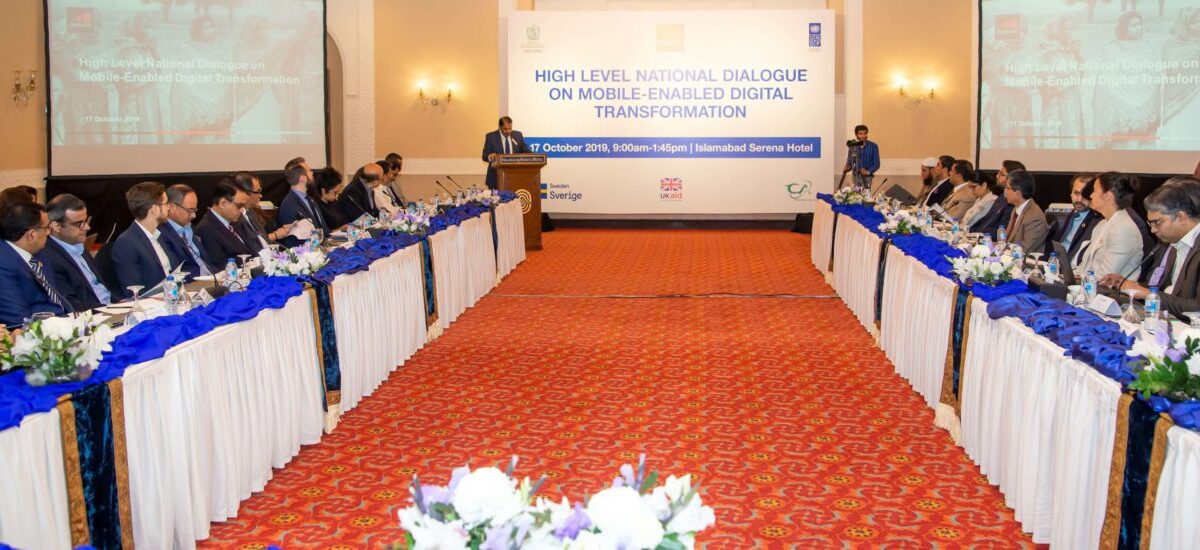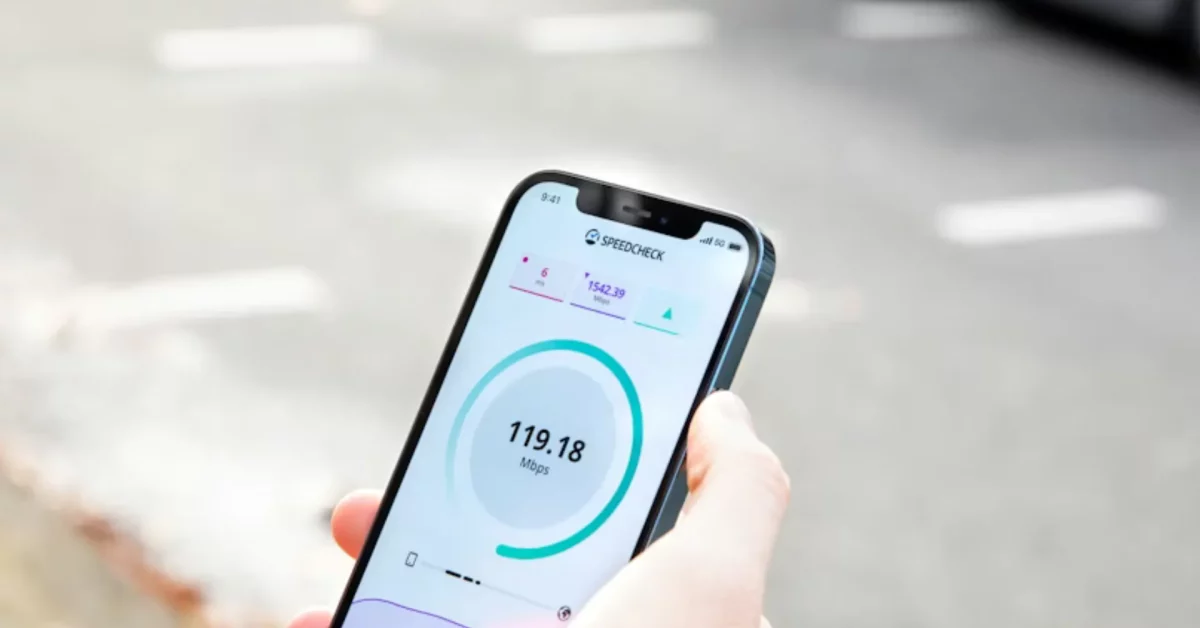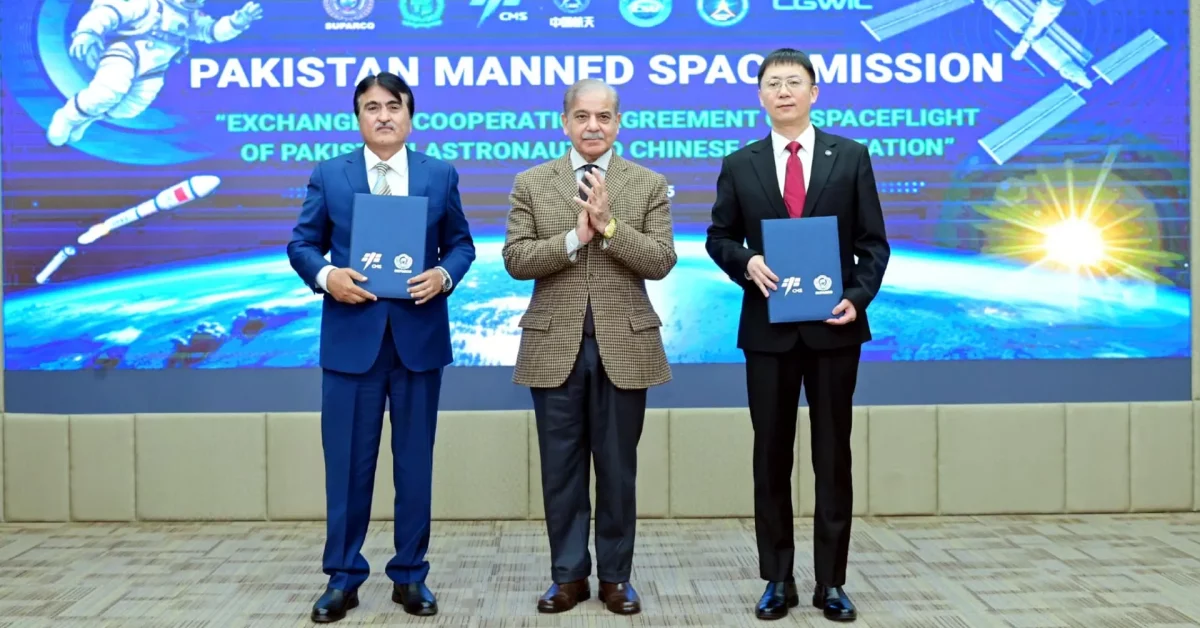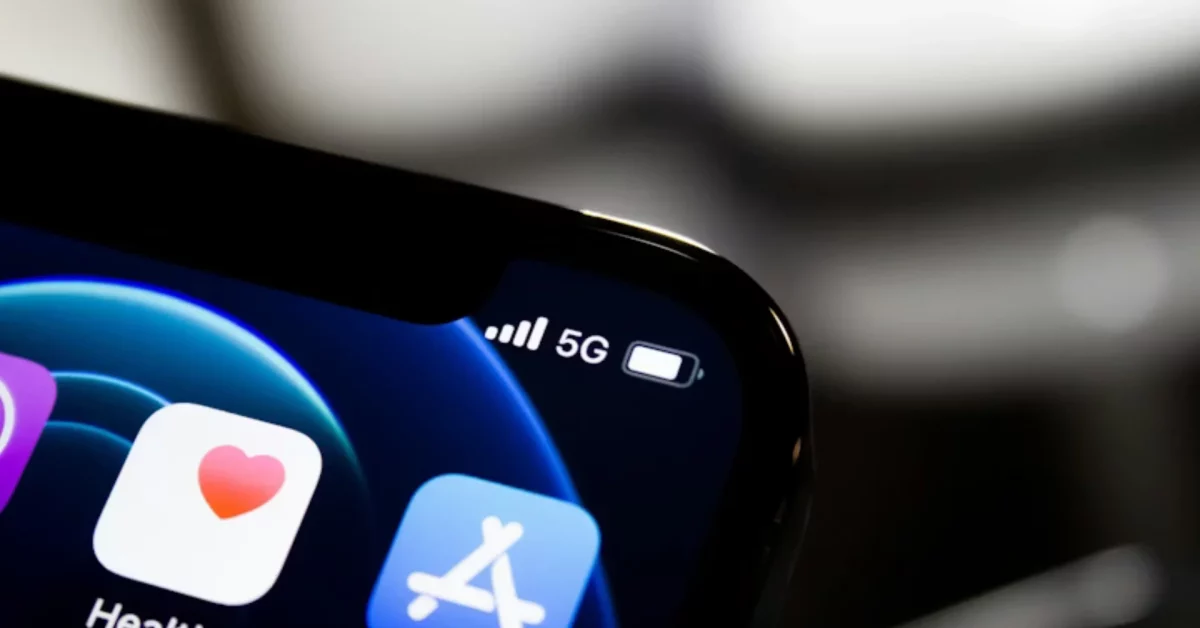
Fireside chat with Jazz CEO, Aamir Ibrahim
October 22, 2019
Top Startup Incubators and Accelerators in Pakistan
November 25, 2019Accelerating National Development through Mobile
The advancement of mobile technology has led to an evolution of sorts. Cell phones are no more just handsets for simple communication; they are tools that have fundamentally altered the way people live, work and communicate in Pakistan. Having said that, there is a lot more that can be done to accelerate the impact of mobile-enabled digital transformation in the country. This reality was brought home when the GSMA presented its new report about the power of mobile technology, in Islamabad during a high-level roundtable. The conference saw the attendance of prominent business leaders, policymakers, government officials, and big names in the telecom sector.
To fully exploit the opportunity that mobile technology presents to achieve Pakistan’s national development aspirations, the report gave a list of three distinct but interrelated actions. This included leveraging mobile platforms for national development goals, taking a holistic approach to digitalization and enhancing digital and financial inclusion.
The phrase ‘look at the bigger picture’ pretty much captures the essence of the GSMA conference. The empirical data, industry insights, and recommendations offered in the comprehensive report give some important food for thought for key stakeholders in the digital landscape and especially the government.
Let’s first discuss mobile technology in terms of connectivity. Connectivity is the cornerstone of digital expansion. And the responsibility for increasing connectivity in Pakistan has been undertaken by the mobile network operators. As a key partner of the government in attaining sustainable development goals (SDGs), the telecom operators have contributed the greatest towards digital growth in the form of e-government services, digital payment services. However, at the current point in time, they are facing hurdles towards continuing to fulfill this objective.

This includes the difficult tax regime, the exorbitant license renewal fee, DIRBS and the uncooperative attitude of Pakistan Telecommunications Authority towards the industry. Why is it imperative to reduce these barriers? Because doing so will have long-term benefits for both the government, the national economy, and the overall growth.
The government has set a target of average growth of 5.8% during 2018-2023, as part of the 12th Five-Year Plan. Although the government’s main interventions realize this target; focus on further industrialization and the expansion of trade, the mobile ecosystem (and particularly mobile operators) plays an increasingly important role in economic growth, through its direct contribution to GDP and through driving productivity and efficiency gains across sectors of the economy. As illustrated by the GSMA report, sectors including agriculture, health and education, utilities, and identity have benefited at the hands of mobile technology.
To highlight the concerns of the telecom industry at the GSMA conference, Jazz CEO Aamir Ibrahim addressed the members of the high-level roundtable, including Head of APAC at GSMA Julian Gorman, Chairman PTA Maj. Gen. (R) Amir Azeem Bajwa, Advisor for Institutional Reforms and Austerity of Pakistan Ishrat Hussain and Telenor Pakistan CEO Irfan Wahab Khan.
Speaking to his audience, Aamir mentioned how government regulations are stunting digital growth. He emphasized on the need for serious dialogue to turn the transactional relationship of the government and the telecom sector into a collaborative one. To reduce the barriers, he proposed simplified, business-friendly processes, and flexibility in local governing.
Industry representatives at the roundtable discussed how Pakistan is on a national development journey with an urgent need to accelerate social and economic development via digital technologies.
Ideas were exchanged on how mobile technology can be used to improve the country’s key human development indicators including education, health, and gender equality, and the role regulators need to play in ensuring its impact on scale.






